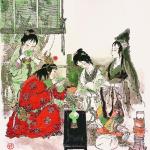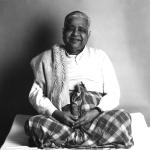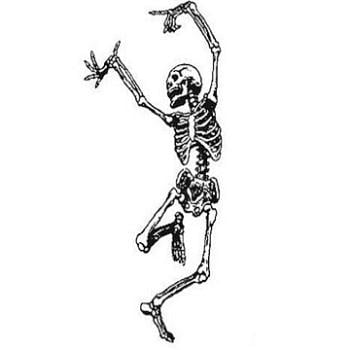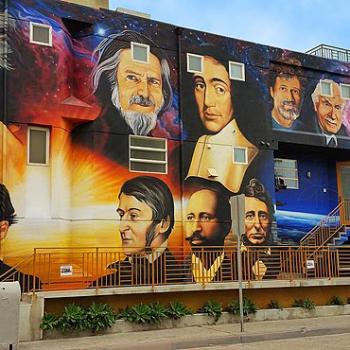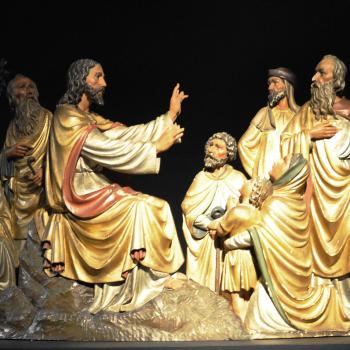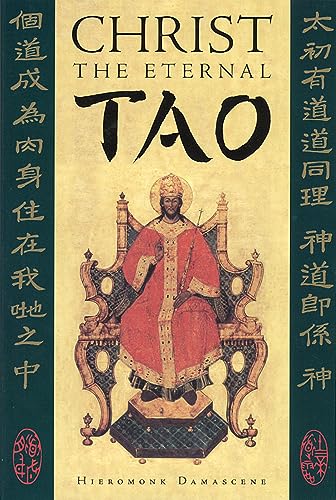
Hieromonk Damascene
Jan and I were at a gigantic annual booksale in Santa Barbara. We go there every year. This time was difficult as we are in the midst of dramatically shrinking our personal library. But. Well. There we were.
I was halfheartedly poking through the books when I saw the title Christ the Eternal Tao. I poked through it. The author is Hieromonk Damascene, a priest in the Serbian Orthodox Church, and a disciple of and biographer of the late Hieromonk Seraphim Rose, part of a tiny band of mystic monastics who have lived in the forests of California and Alaska. People whom I find distantly interesting…
I walked away from the book twice. But finally I went back and added it to our much too large collection.
A major reason I picked it up, was a text printed near the front of the book.
In the beginning was the Tao,
And the Tao was with God,
And the Tao was God.
The same was in the beginning with God.
All things were made by Him;
And without Him was not anything made that was made.
In Him was life, and the life was the light of men.
And the light shines in darkness,
And the darkness comprehended it not…
He was in the world, and the world was made by Him,
And the world knew Him not…
And the Tao became flesh,
And dwelt among us,
And we beheld His glory…
This version of the opening to the Gospel of John is credited as “translated from a Canton edition of the New Testament, published in China in 1911 by the American Bible Society.”
I’ve not read enough of the book itself to have a view. Beyond noting it really wants the reader to understand it isn’t syncretistic and all the Taoism and Greek philosophy and other non-Christian materials explored in it are not expressions of any perennialism except so far as to assert the spirit did move hearts before it’s revelations took its fullest expression as Jesus.
Might be so.
Although the good abbot sets up a strawman syncretism to reject. Not that there aren’t those who would mush it all together. What I find is more along the lines suggested by the late Zen master, Robert Aitken.
And. I love that title, and I love that passage from John, in the beginning was the Tao.
I find myself thinking of that other time a religion came to China and coopted some indigenous terms as Buddhism translated its teachings into Chinese idioms. They also thought Tao was a good word to use. Zen kind of happened out of that. And in a less momentous way it also happened with Christians earlier, as well. Also with very interesting results.
Me. What I find is that the spirit, the urge to the deep, works with what it finds.
And it gets messy. It violates rules. It opens hearts.
It shows us our deep heritage and the possibilities of our lives.
You know, a kind of naturalistic perennialism…


